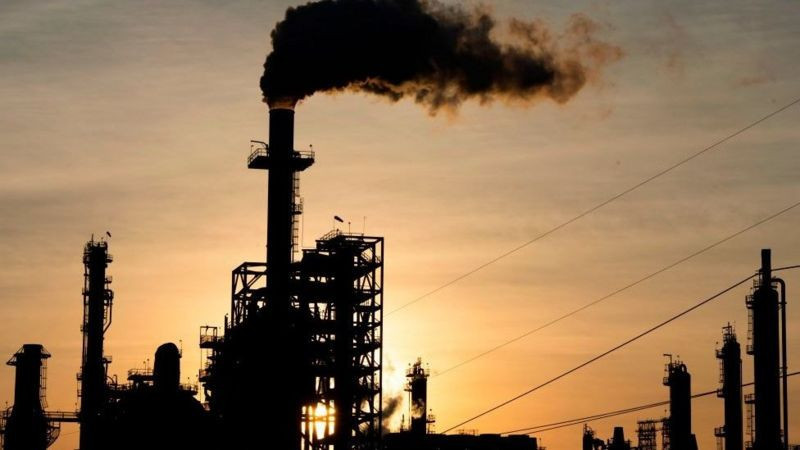The price of oil stabilized ahead of the release of market forecasts from OPEC, while traders monitor developments in the war between Israel and Hamas.
Brent crude oil traded above $82 a barrel after closing slightly lower yesterday, Monday, while West Texas Intermediate crude approached $77 after achieving its longest period of daily gains since September. The monthly report of the Organization of the Petroleum Exporting Countries will shed light on global balances as the organization and its allies restrict production. Morgan Stanley recently raised its price target, citing factors including OPEC's better-than-expected compliance with production cuts.
In the Middle East, tensions remain high. Israel launched strikes on Rafah in the Gaza Strip in its war against Hamas, even as US President Joe Biden called for a six-week cessation of fighting. Tehran-backed Houthi rebels in Yemen continue to target ships in the Red Sea, disrupting shipping.
At the same time, the European Union proposed imposing new trade restrictions on about two dozen companies, including three companies based in China, accusing them of supporting Russia in its war against Ukraine. While the companies mostly work in the field of technology and electronics, the plan comes in the wake of Western countries taking a stronger stance to impose their price ceilings on Russian crude.
The upcoming OPEC+ decision
Oil has been trading in the $10 per barrel range this year, with tensions over conflict in the Middle East and OPEC supply cuts offset by abundant non-group production and an uncertain demand outlook. China, the largest importer, is suffering from widespread deflationary pressures, while Goldman Sachs Group highlighted the risks to consumption.
The OPEC+ alliance plans to make a decision early next month on extending oil production cuts in the second quarter. Earlier, Iraq said its supplies were now in line with the coalition's previous agreement, while the United Arab Emirates said it was committed to working with the coalition to ensure market stability.
What matters to the market is what OPEC+ decides to do with the voluntary supply cuts, which expire at the end of March, said Warren Patterson, head of commodity strategy at ING Groep NV in Singapore. He added: Our balance sheet indicates that the market will have a surplus in the second quarter of 2024 if the group fails to extend part of these cuts.
Following OPEC's forecast, the International Energy Agency will issue its corresponding view on Thursday. Trading volumes in Asia are also likely to be weak on Tuesday, with many markets closed for the Lunar New Year holiday.






































